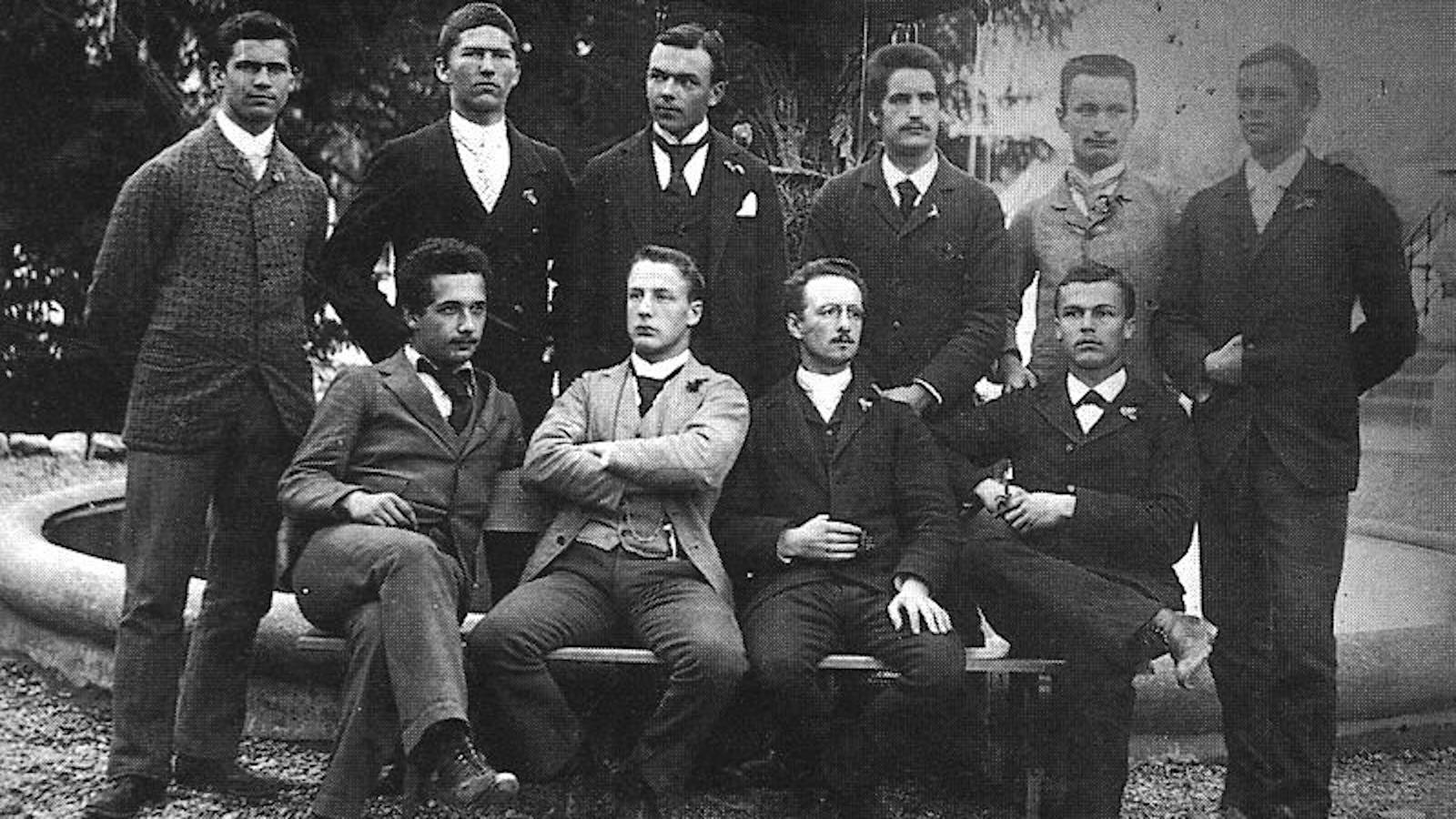Dear recruiters, one thing matters far more than credentials or job experience

- We don’t pay enough attention to people who are on their way to excellence, and we often fail to see their hidden potential.
- Prior experience has virtually no bearing on performance. The key question is how well new hires can learn to do a job.
- The “past performance” metric is designed to detect polished diamonds, not uncut gems like Tom Brady, who wasn’t drafted until the 199th pick.
In schools and workplaces, selection systems are usually designed to detect excellence. That means people who are on their way to excellence rarely make the cut. We don’t pay enough attention to these people and their paths — which are often filled with speed bumps and roadblocks. When we fail to see hidden potential, along with shattering people’s dreams, we lose out on their contributions.
Our errors in identifying potential come at multiple stages of the assessment process as we struggle to contend with limited time and large applicant pools. During an initial screen, it’s impossible to really get to know every candidate. There isn’t an algorithm for spotting diamonds in the rough, and there aren’t enough hours in the day to do a deep dive into each person’s life history. Evaluators end up making life‐altering decisions for candidates who have been reduced to thin slices of information.
In the first stages of hiring, employers try to address this challenge by relying on credentials. The assumption is that the best colleges admit and produce the best candidates. Yet pedigrees aren’t all they’re cracked up to be. In a study of over 28,000 students, those who attended higher‐ranking universities performed only slightly better than their peers on consulting projects. If you look at the quality of their work and their contributions as collaborators, a Yale student was just 1.9% better than a Cleveland State student. And if you require a bachelor’s degree, you lose out on over half the American workforce. This systematically disadvantages candidates who acquire skills through alternative routes — at trade schools or two‐year community colleges, through apprenticeships or military service, or by teaching themselves or learning on the job.

Beyond college degrees, many managers turn to prior experience to get an initial sense of candidates’ qualifications. But it turns out that the amount of experience is also borderline irrelevant. In a meta‐analysis of 44 studies with over 11,000 people across a wide range of jobs, prior work experience had virtually no bearing on performance. A candidate with 20 years of experience on a resume may have just repeated the same year of experience 20 times. So, you need experience to get a job, but you need a job to get experience… and that experience reveals little about your potential. The key question is not how long people have done a job. It’s how well they can learn to do a job.
To decide which candidates to advance to the next round, many employers look at prior performance. Compared to credentials and prior work experience, this is a better clue to potential. How well someone has performed in the past can give us a sense of their ability in the present. But this metric also has drawbacks that lead us to overlook the potential in too many people.
Past performance is only helpful if the new job requires similar skills to the old one. In a study of over 38,000 salespeople, economists found that the most successful salespeople were more likely to be promoted to manager. But sales skills aren’t the same as managerial skills — the candidates who were better at closing deals were worse at managing people. It turned out that the managers who elevated a team’s performance weren’t the biggest rainmakers, but the most prosocial members — as indicated by how often they’d made collaborative sales with their colleagues.
This is an example of a phenomenon known as the Peter Principle. It’s the idea that people at work tend to get promoted to their “level of incompetence” — they keep advancing based on their success in previous jobs until they get trapped in a new role that’s beyond their abilities. In this case, the best salespeople went on to become incompetent managers, and the best potential managers got stuck as mediocre salespeople.
People at work tend to get promoted to their “level of incompetence” — they keep advancing based on their success in previous jobs until they get trapped in a new role that’s beyond their abilities.
Even if a candidate’s past performance is relevant to the current role, this metric is designed to detect polished diamonds, not uncut gems. Take Tom Brady: Whether you love him or hate him, he’s widely regarded as the greatest quarterback in football history. But when he entered the NFL, he wasn’t drafted until the 199th pick. Based on his performance in college and in the draft combine, scouts had serious doubts about whether Brady’s arm was strong enough to zip a spiral and hurl a Hail Mary. It was unlikely that he would be fast enough to escape a blitz.
The problem is that scouts were focusing on Brady’s body, not his mind. They were right about his physical limitations: despite weighing only 211 pounds, Brady was outrun by 25 different linemen who tipped the scales at 300+ pounds. But scouts didn’t account for what journalists would later call his “nerves of steel.” They “didn’t open up his chest and look at his heart,” one coach lamented. It’s often said that talent sets the floor, but character sets the ceiling. Brady went on to break through the assumed ceilings: the year he turned 40, he beat his 40‐yard dash time from when he was 20. Of course, when you’re as slow as Tom Brady, the floor is pretty low.
If natural talent determines where people start, learned character affects how far they go. But character skills aren’t always immediately apparent. If we don’t look beyond the surface, we risk missing the potential for brilliance beneath.





